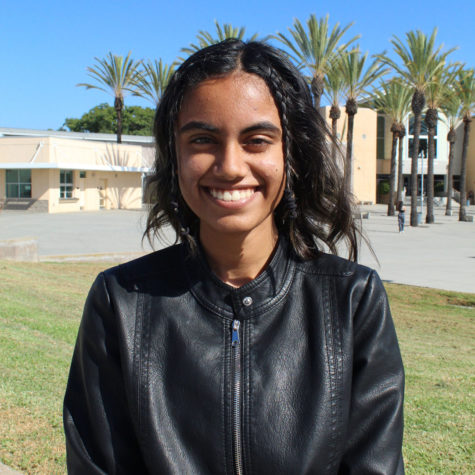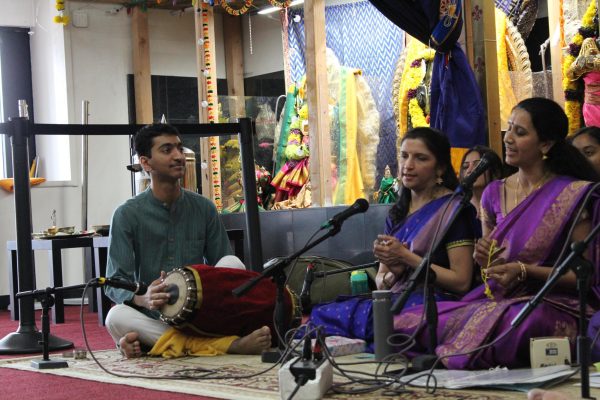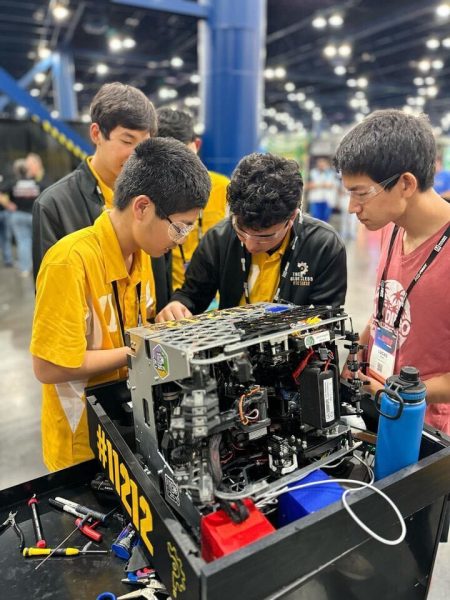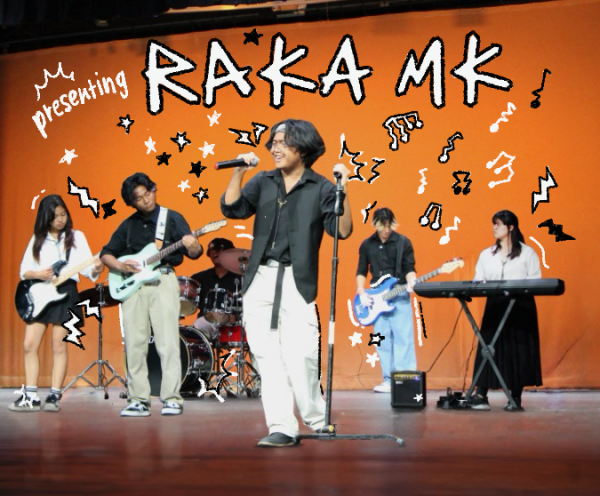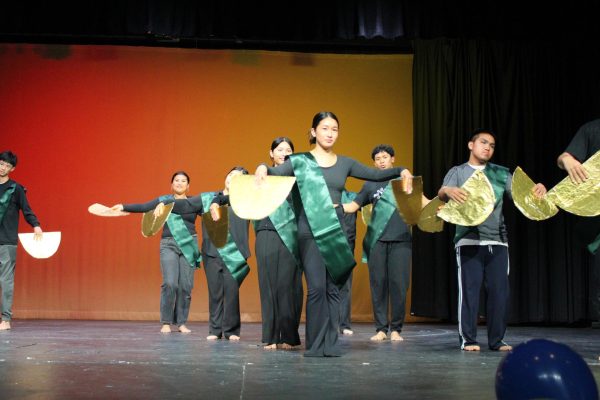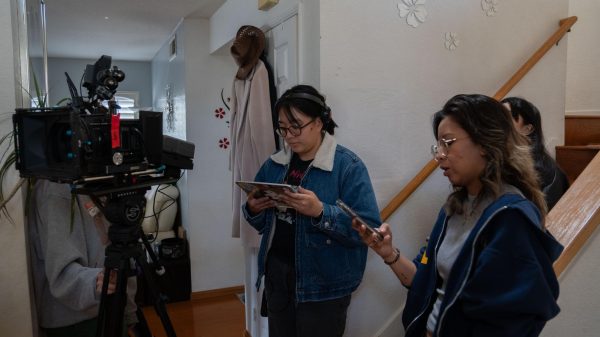Farrell earns full-ride Air Force scholarship
December 16, 2022
Jake Farrell (12) felt like he couldn’t breathe. Since his first growth spurt near the end of eighth grade, the pressure in his chest had only begun to increase. He was diagnosed in August 2019 with pectus excavatum, a condition in which the chest wall constricts on itself, forming a deep dent.
Farrell had to soon make a decision: he could go through physical therapy to improve his condition or undergo a painful and invasive surgery to correct the condition. His decision was ultimately influenced by his goal to eventually serve in the military.
“Honestly, I was on the fence about what to do,” Farrell said. “But one of the surgeons I talked to was an ex-Navy doctor. He told me that if I had any aspirations at all to be in any branch of the military, I would have to get the surgery. Otherwise, I wouldn’t be medically qualified. That’s why I decided to do it.”
His first surgery occurred in December 2019.
“My chest was cut open on both sides, and a metal bar was inserted through the center,” Farrell said. “The bar had to remain in my chest for three years to correct the condition. It popped out my chest wall since my chest was folding inward.”
Although Farrell was forced to give up wrestling, a contact sport, he continued pursuing NJROTC throughout the past three years, taking on the leadership position of supply officer and reaching the rank of cadet lieutenant.
“I had previously wrestled as well, but with the metal bar [in my chest], I wasn’t allowed to do contact sports,” Farrell said. “So that’s when I had to pivot, and I also joined cross country, which was really a blessing in disguise. I’ve loved running and the community it’s given me.”
The skills he developed both in and out of NJROTC helped Farrell earn the U.S. Air Force ROTC scholarship. The scholarship covers full tuition, room, and board at any college or university with an eligible Air Force ROTC program. Once completing college, the scholarship enlists the awardee as an officer in the Air Force.
The application process required submitting ACT/SAT scores and a high-school transcript alongside a physical fitness test, interview, and an extracurricular activity list. One of the final steps was completing an interview.
“The interview was the most unique part [of the application],” Farrell said. “I prepared a lot for it. They asked a lot of questions about character–for example, describing what integrity means to me, or discussing leadership in an impromptu setting. I was also asked some more philosophical questions and what chess piece I believe I represent.”
To the chess piece question, Farrell said he is a knight.
“I said I’m a knight because I’m the first person to tackle a problem,” Farrell said. “You would move a knight first, and because I can solve problems that other people can’t, the way the knight moves in such a unique way, I felt it best represented me.”
Farrell said he believes his interview was a large factor in earning the scholarship, as the interview is worth 450 points out of the total 1000 points that the Air Force grades applicants on. He also applied to the U.S. Navy ROTC scholarship, for which he has not yet received results.
“When I joined JROTC, the ROTC programs were really promoted as an option [in college],” Farrell said. “Originally, I was interested in going to the Navy. But as I looked into specifics and figured out what I wanted to do, I realized I needed to expand my horizons more.”
During his time in NJROTC, Farrell developed an interest in military intelligence and international affairs. While in the Air Force, Farrell said that one can go straight into the field of intelligence, but the Navy requires officers to first be part of an Unrestricted Line Community before transferring to be an intelligence officer. Unrestricted Line Officer Communities are the primary warfighters, including aviation, submarine warfare, and surface warfare.
Approximately 15% of the JROTC Air Force scholarships are awarded to students pursuing non-technical majors, which Farrell’s major fell under. Foreign language and technical majors, or majors in the sciences and engineering receive the remaining 85% of scholarships.
“I want to become an intelligence officer specifically,” Farrell said. “I think I’m best at analyzing all the information given to me to come up with solutions. It’s just something exciting and unique. I want to see different parts of the world and contribute to solving problems.”
However, joining the military required gaining medical clearance– something he would only be eligible for if the metal bar was removed. Last month, Farrell was on the operating table again.
“There is a stipulation that you can’t have chest surgery six months before you get your fellowship,” Farrell said. “But because I only need to gain my medical clearance for my fellowship by next December, I plan on waiting six months before applying. I’m not too worried now [about getting cleared].”
Now that Farrell has earned a full-ride scholarship and recovered from pectus excavatum, he said he has his sights set on pursuing international relations and ROTC at either the University of Washington or the University of Colorado, Boulder.


